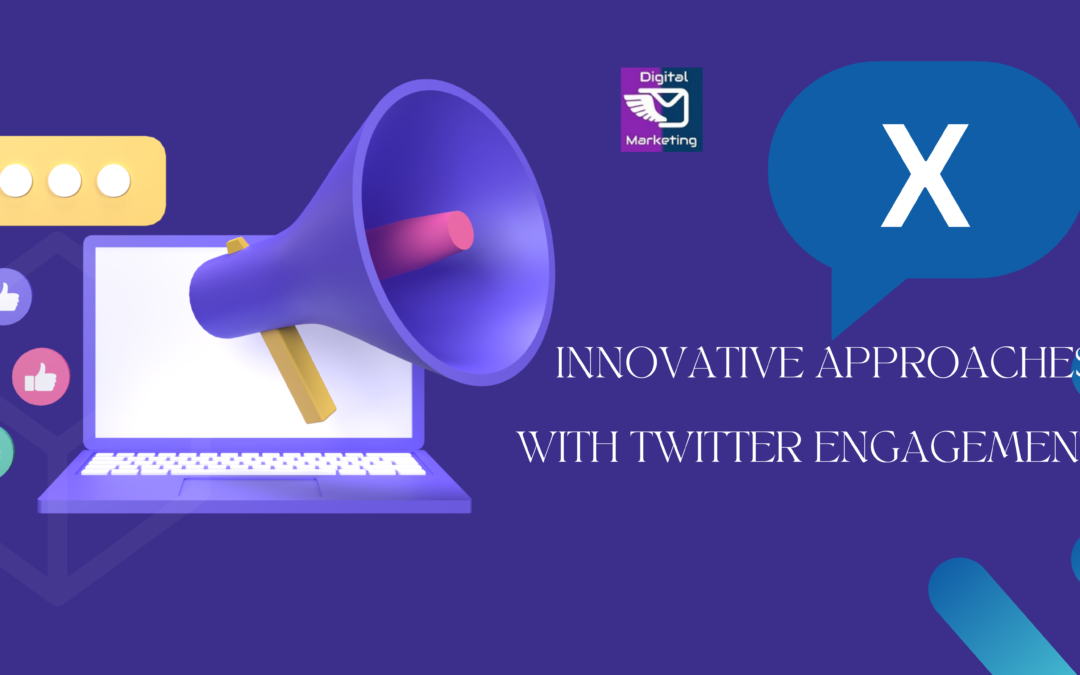
Angus Beef and The Farmers Ultimate Guide To Perfection

Angus Beef:
In the world of culinary delights, nothing quite matches the mouthwatering allure of the best Angus beef.
You’re in the right place if you’ve ever wondered about the secret behind these culinary masterpieces.
So, join us on a journey through the art and science of cattle farming.
As we unlock the mysteries behind the creation of the finest Angus steaks.
Unveiling the Angus Beef Advantage and Why Angus Cattle Reign Supreme
Discover the unparalleled qualities of Angus cattle that make them the undisputed champions in beef production.
From marbling perfection to superior tenderness, understand why choosing the best Angus breeds sets the stage for an exceptional steak experience.
Your Ultimate Guide to Top-Quality Cattle Farming
Cattle farming is not just a livelihood; it’s an art form that requires dedication, knowledge, and a deep understanding of the animals involved.
Whether you’re a seasoned rancher or a novice enthusiast, this comprehensive guide will take you through the intricacies of top-quality cattle farming.
From selecting suitable breeds to mastering sustainable practices,.
Here’s everything you need to know to ensure success in your cattle farming venture.

Choosing the Right Cattle Breeds: Understanding Angus, Hereford, and Beyond
Begin your cattle farming journey by delving into the world of cattle breeds.
Learn about the characteristics, temperaments, and ideal environments for popular breeds like Angus and Hereford.
Discover the breed that aligns with your farming goals and climate conditions.
Establishing a Healthy Environment
A healthy and content herd begins with a well-designed pasture.
Uncover the secrets of pasture management.
Including rotational grazing, proper fencing, and essential amenities.
Learn how to create an environment that promotes optimal health and growth for your cattle.
Nutritional Essentials for Cattle and
Crafting a Balanced Diet for Angus Beef
In this case, dive into the nutritional needs of cattle.
And master the art of crafting a balanced and nourishing diet.
Explore the significance of forage, grains, and supplements.
Hence, ensure your cattle receive the nutrients necessary for robust health and optimal growth.

Breeding Strategies for Success
You may want to maximize your genetic potential.
Unlock the secrets of successful breeding programs.
From artificial insemination to natural breeding methods,
Also, understand the pros and cons of each approach.
Learn how to maximize your herd’s genetic potential and achieve desired traits for future generations.
Health and Disease Management for Angus Beef Cattle
Explore proactive health management strategies to keep your cattle thriving.
Above all, vaccination schedules are essential for disease prevention.
Because this will equip you with the knowledge and tools to safeguard your herd against common illnesses.
Sustainable and Ethical Practices
In today’s world, sustainability and ethical practices are paramount.
For this reason, discover eco-friendly initiatives.
As well as waste reduction techniques and ethical treatment guidelines.
That benefits your farm and contributes to a positive global impact.
Handling and Transport Best Practices
Proper handling and transportation are critical aspects of cattle farming.
Learn humane and stress-free handling techniques.
That ensures the well-being of your animals during routine tasks and transportation.
Financial Management for Cattle Farms
Navigate the financial landscape of cattle farming.
Especially with insights into budgeting.
Resource allocation and potential revenue streams.
Of course, gain practical tips on managing the economic aspects of your farm for long-term success.
Marketing Your Cattle and Products
Explore effective marketing strategies for your cattle and related products.
From branding your farm to identifying lucrative markets.
Even more, discover how to showcase the quality of your operation and connect with consumers.
Continuous Learning and Adaptation
As you can imagine, the world of agriculture is ever-evolving.
So, stay ahead of the curve by embracing continuous learning.
Explore new technologies, industry trends, and innovations.
Again, that can enhance the efficiency and sustainability of your cattle farming venture.
Conclusion of Angus Beef and The Farmer’s Ultimate Guide To Perfection
Embarking on a journey into top-quality cattle farming is rewarding and challenging.
Armed with the knowledge gained from this ultimate guide, you are well-equipped to navigate the industry’s complexities.
Remember, successful cattle farming is not just about raising animals.
It’s about fostering a harmonious relationship between farmers, land, and livestock.
Now, go forth and cultivate success in your cattle farming journey!




























